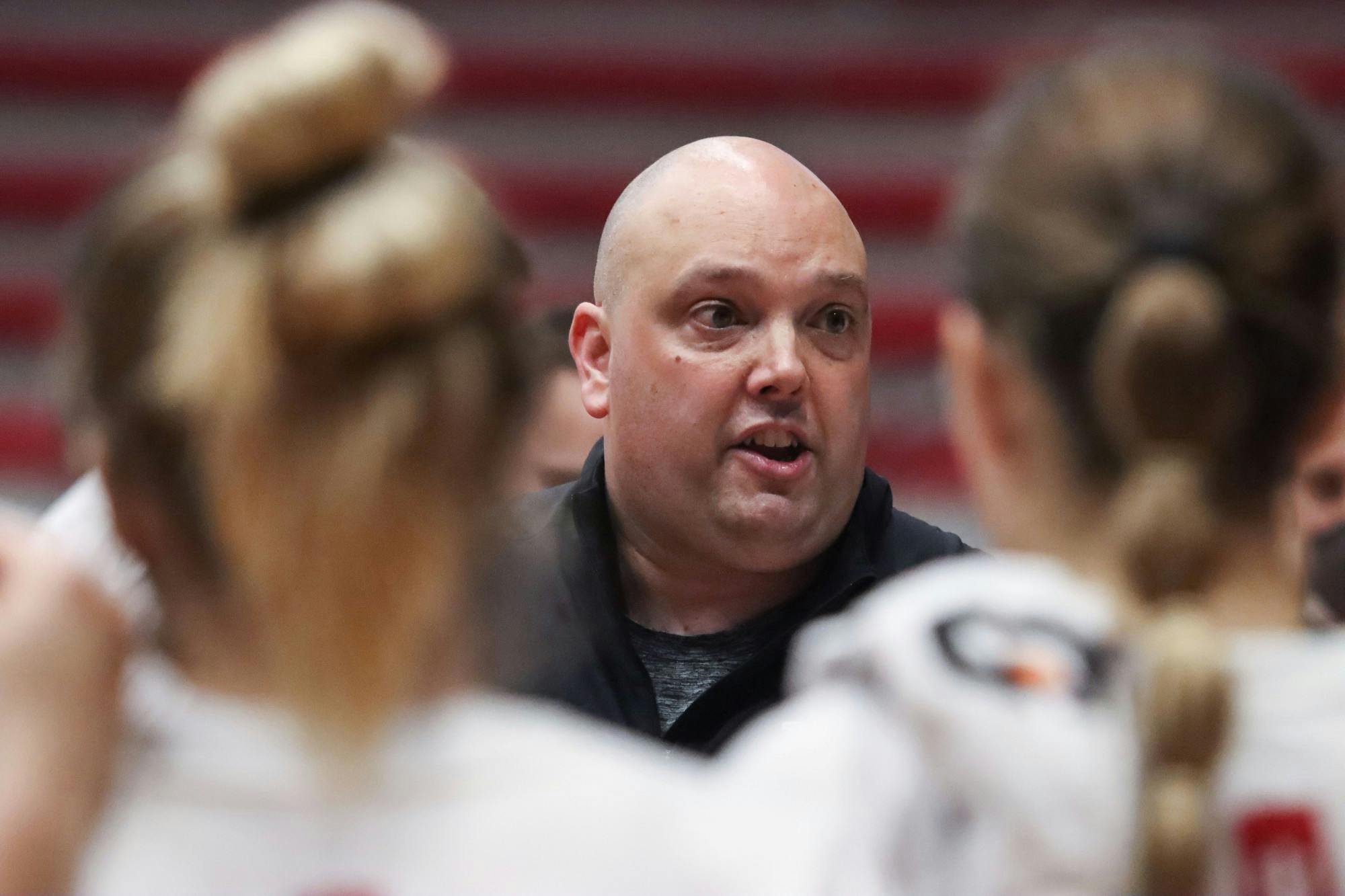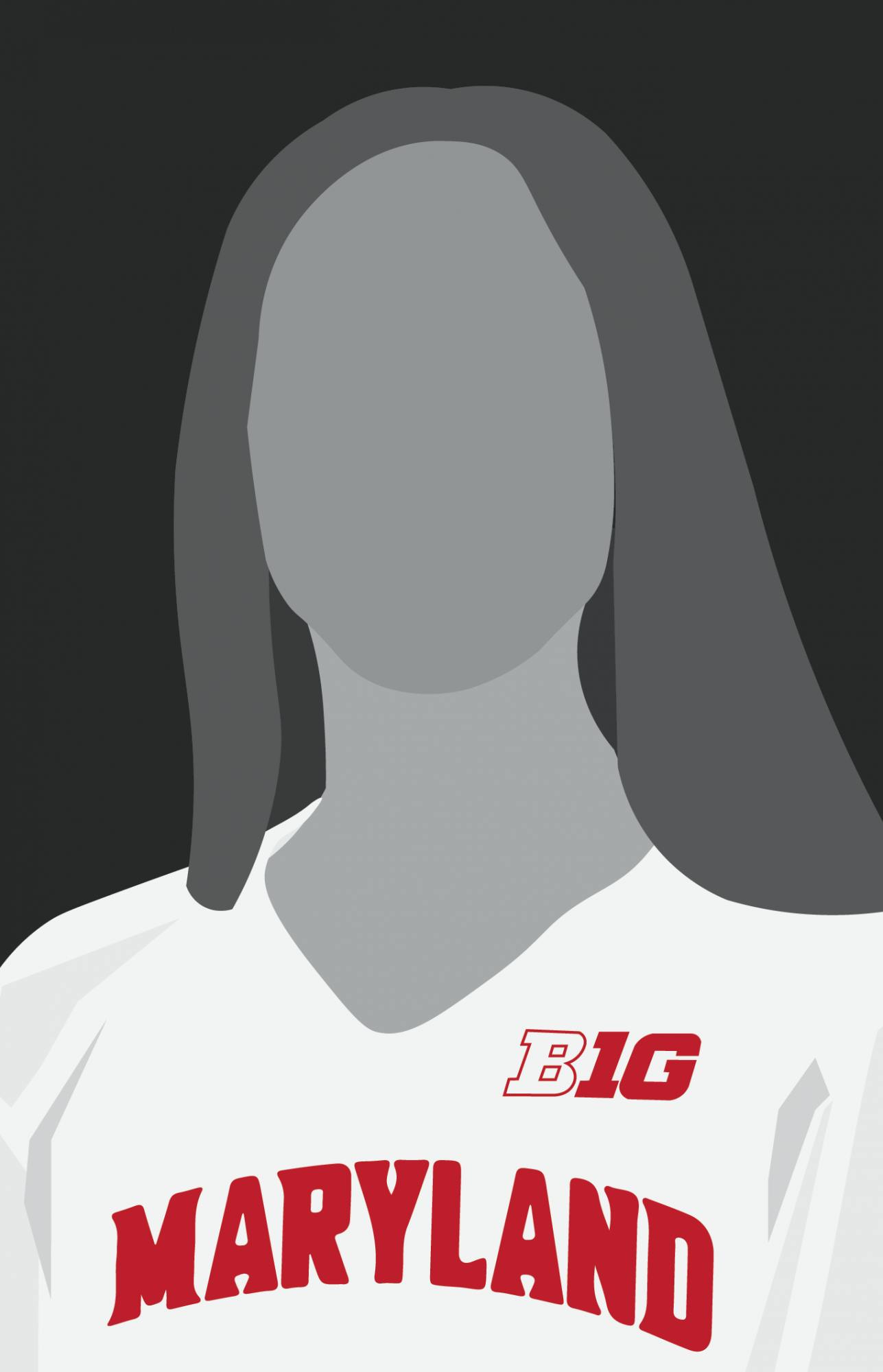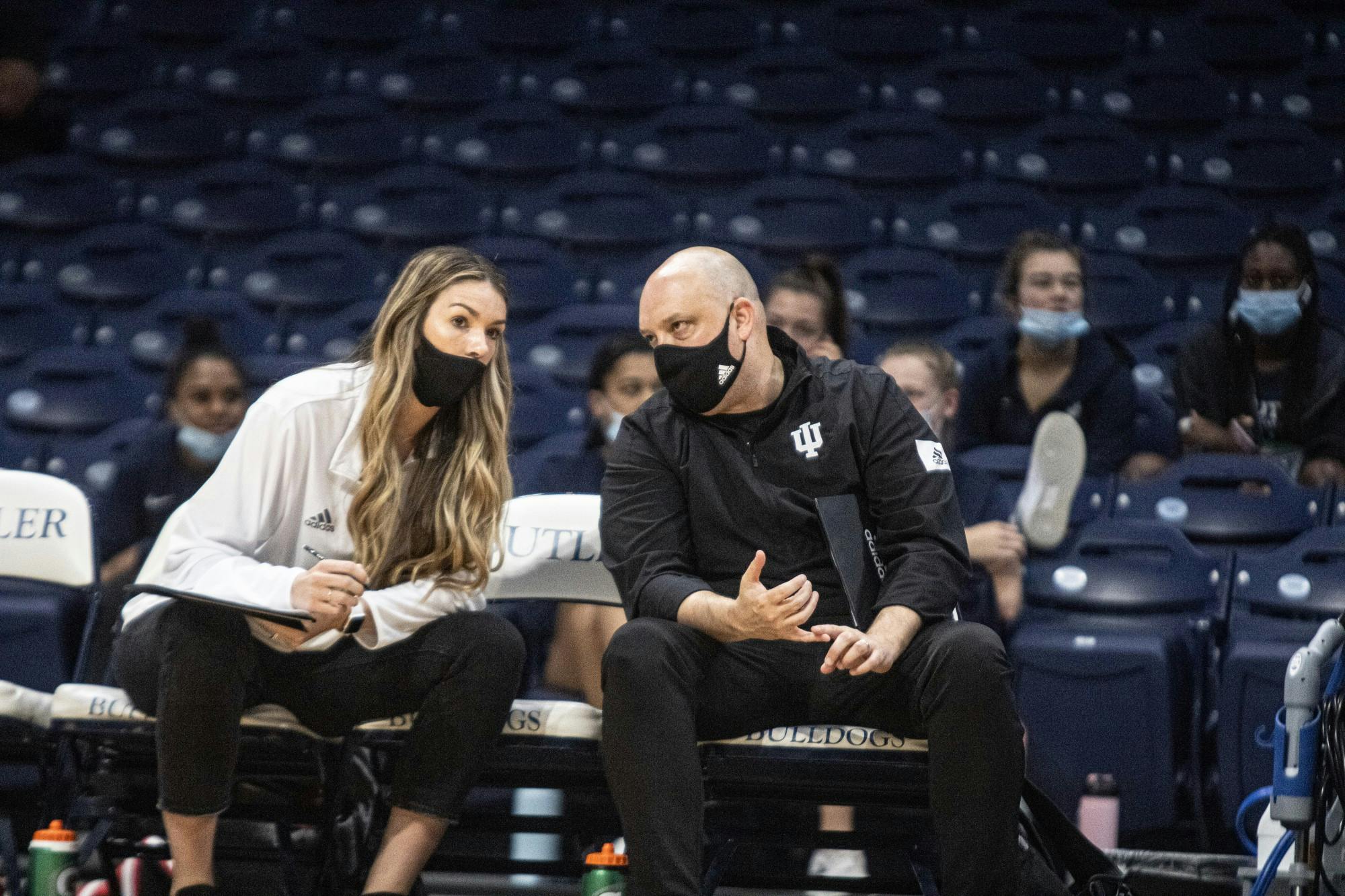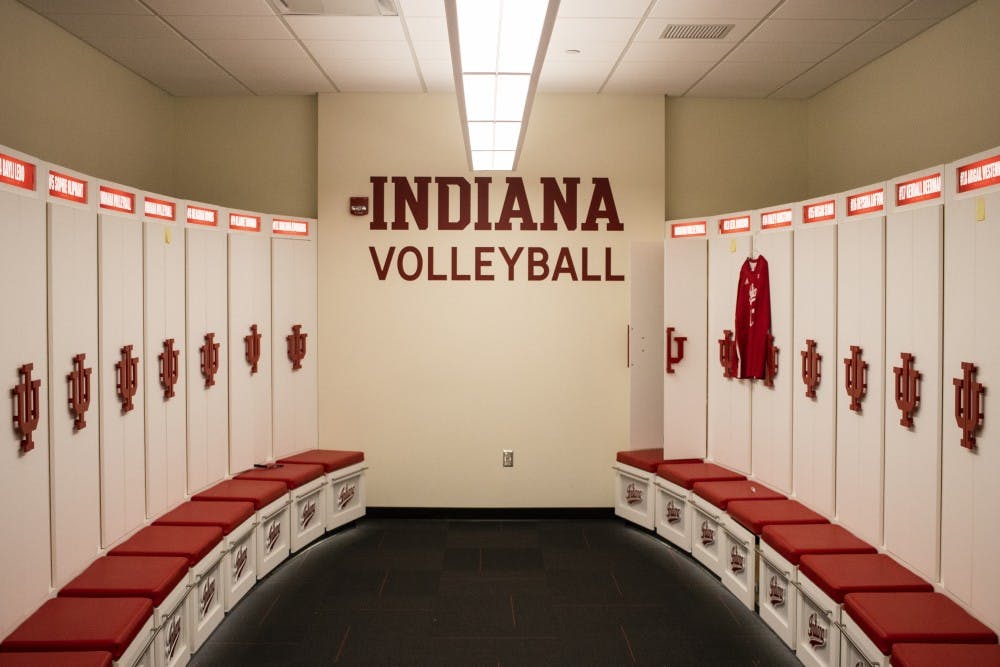Editor's Note: This story mentions suicide and depictions of harassment.
For a year after leaving the Indiana volleyball program, she couldn’t look at a volleyball.
All her Indiana practice gear — anything the department gave her with the IU logo — was thrown out. Everything that reminded her of the team had to go.
The player, who asked to remain anonymous, didn’t recognize the person she became under head coach Steve Aird. She was depressed and would break out in hives from stress and anxiety. She could never sleep, and it was noticeable in the bags under her eyes, she said.
The player left the program after one year. Afterward, when talking to a therapist, she came to the realization that her issues started with Aird.
Although she doesn’t want to put labels on it, she thinks her symptoms are close to those of post-traumatic stress disorder. She was talented enough to transfer, but couldn’t handle the pressure of it. The idea of starting somewhere new and dealing with the same abuse again kept her from seeking out another future in volleyball, she said.
“To me, it was more of a survival thing to get out of there.”

The Indiana Daily Student spoke with four players who all played under Aird from 2018 to 2021, as well as two players who played under Aird while he coached at the University of Maryland. All of the players at Indiana have since left the program and each one asked to remain anonymous. The players said they were concerned that Aird, well-connected within the volleyball community, could still hurt them. They said they feared he would use his connections to retaliate against players speaking out against him — even after leaving the program.
The players allege that Aird abused his position of power. They said he ran practices and drills to the point players would break into tears and begin to throw up. One time, when no one was around, one athlete said Aird asked her to show him her new tattoo on her backside. When players would bring their concerns to Aird regarding their mental health, he would often dismiss them, sometimes telling them that they should quit instead.



